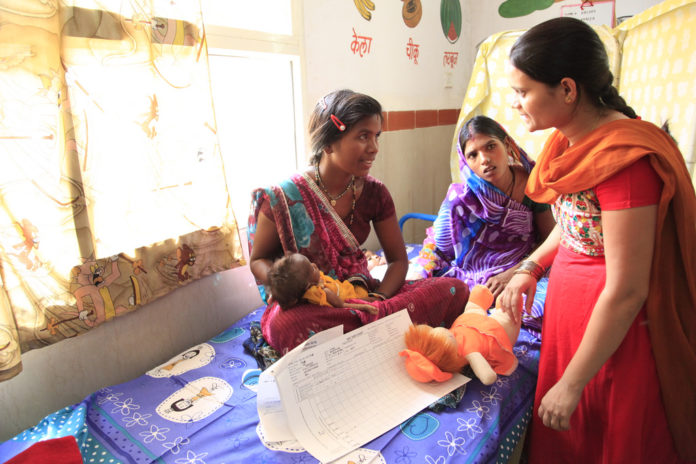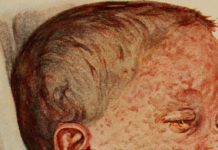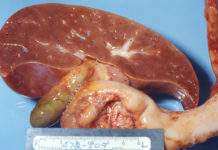
Delhi government caps profit margin of private hospitals on drugs and implants; bill waiver for death
The Aam Aadmi Party government in Delhi has mandated all private hospitals and nursing homes to “preferably” prescribe drugs that are included in the National List of NLEM medicines.
NLEM is updated every few years in consultation with the ministry of health. All 376 drugs currently contained in the list are under price control. The new policy of Delhi government also lays down that hospitals can charge a maximum markup of 50% in drugs that are not included in the NLEM. A draft policy has been out in the public domain. After 30 days amendments will be made to the Delhi Nursing Homes Registration Act that will make it mandatory for hospitals to abide by the new rules.
The new rules come in the wake of a series of incidents where hospitals in the NCR were found to charge exorbitant rates for drugs and consumables. Families who, often could not take their loved ones back home from the hospital, were handed huge bills causing much consternation among people. A case in point is that of a seven year old girl who died last year of dengue and the family was handed a bill of Rs 15 lakh. The National Pharmaceutical Pricing Authority did several analyses that showed that hospitals were charging a massive markup on drugs and consumables – sometimes more than 1000%.
Private hospitals cannot turn away emergency patients either. The new rules were announced by state health minister Satyendar Jain in a press conference earlier today
The policy also places a ceiling of 35% margin on the procurement price for implants. Knee implants though are already under price control. In addition, the policy lays down that if a patient dies within six hours of admission, 50% of charge should be waived,. The waiver should be of 20% in case of death within 24 hours of admission.
Private hospitals cannot turn away emergency patients either. The rules were announced by state health minister Satyendar Jain in a press conference earlier today.
Delhi government’s is, by no means the first attempt to regulate private hospitals or to cap the profiteering in drugs that happens in some of these institutions of international fame. In one analysis earlier this year NPPA had found up to 2112% markup.
“Institutional bulk purchases by private hospitals, which in most cases keep a pharmacy of its own, makes it easier for them to get very high profit margins and indulge into profiteering on drugs and devices even without need to violate the MRPs which is already enough inflated. Industry, in order to get bulk supply orders is in a way ‘forced’ to print higher MRPs as per the ‘market requirements’. This is a clear case of market distortion where manufacturers after accounting for their profits print inflated MRPs to meet out the demands of a distorted trade channel without getting any benefits from this ‘artificial inflation’ and patients have to incur huge out of pocket expenditure in hospitalisation cases and also otherwise where they are not allowed to buy drugs from outside or go by the physician’s branded prescription,” the authority had noted in an office memorandum.













